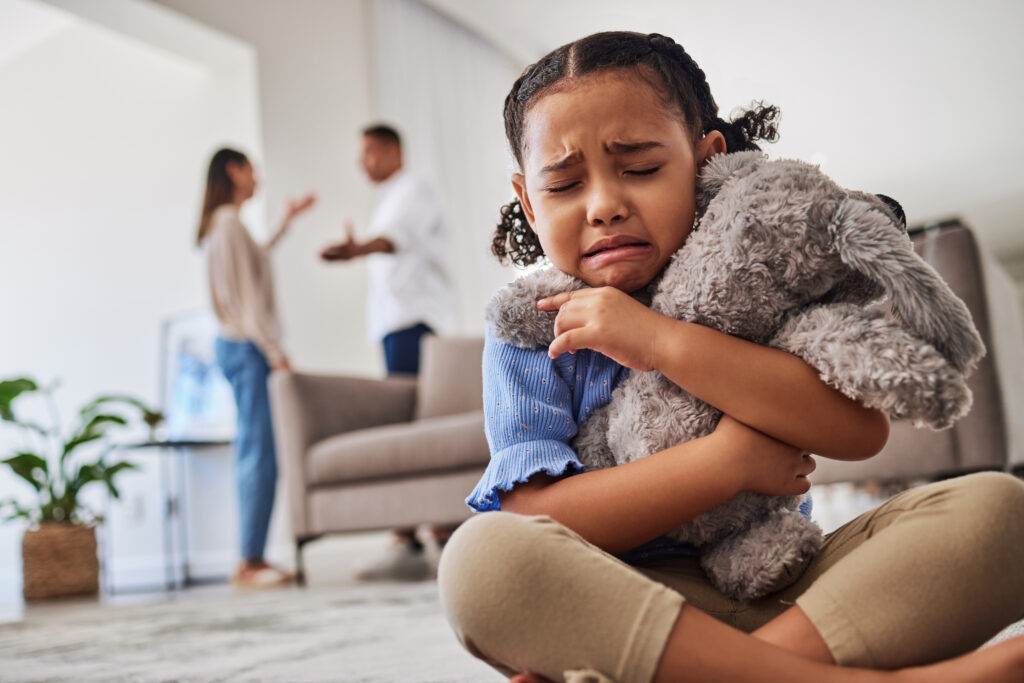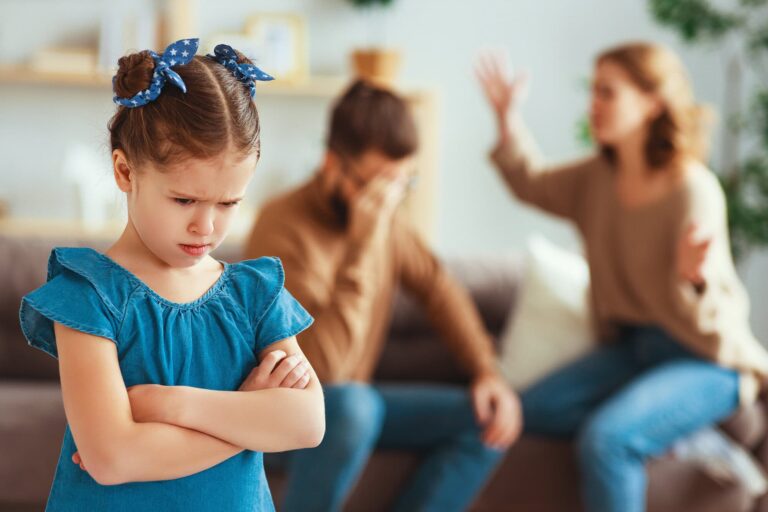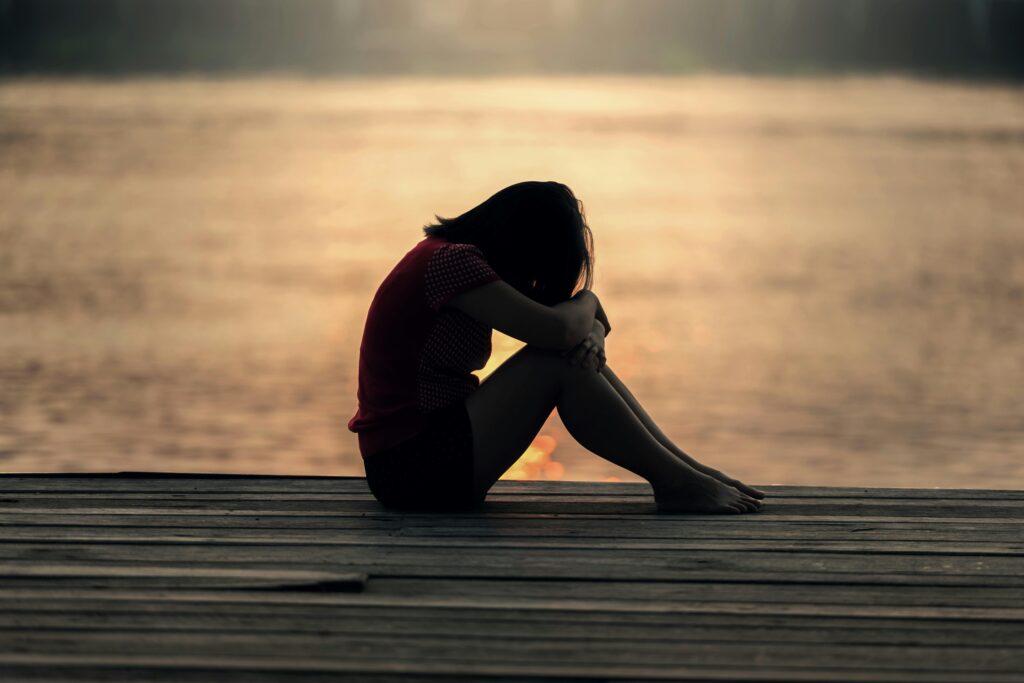The Generational Effects of Divorce on You, Your Family, and Your Children
When a family goes through a divorce, children often get hurt the most.

We Practice Family Law to Help Families Heal During and After Divorce
At Brown Dutton & Crider, we practice family law so that the cycle of pain, blame, and guilt can end, and parents can raise their children in the healthiest environment possible.
During the emotional and challenging process of divorce, many adults focus on conflict and issues with their spouse and unintentionally overlook the emotional impact it can have on their children. It is important to remember that contested divorce and custody disputes can have a lasting effect on a child’s well-being and can impact them well into adulthood.
Before seeking a divorce, be prepared to protect your children.
In our decades of experience practicing family law in Georgia, there are several commonalities we’ve identified in the individuals who come to us for help with a divorce or custody dispute.
Almost all of our clients reference something about their parents' marriage.
Clients we represent in divorce or custody cases almost always reference their parents’ marriage. The behaviors they witnessed by their parents cause one of two reactions:
- They mirror the unhealthy behavior of their parents.
- They seek to do the exact opposite of the behavior of their parents

Married people tend to either repeat or overcorrect the unhealthy behaviors of their parents.
And in either situation, these behaviors create issues in their own marriage. It takes awareness and intentionality to prevent the same issues from being passed down to children as unresolved emotional scars and buried trauma. When trauma is passed down, history tends to repeat itself.
Children often think they are the cause of a divorce.
Whether you believe it or not, kids are sponges. They listen and understand a lot more than you might think, which is why often they might think they are responsible for the end of their parents’ marriage.
- When parents disagree over discipline, children will see themselves as a disappointment.
- When parents disagree over spending, children will see themselves as a financial burden.
- When parents disagree over work schedules, children will see themselves as a time burden.

Parents must stop and think about what their behaviors are teaching their children about what a healthy relationship looks like.
Stop generational trauma in its tracks and end the cycle of self-blame for yourself, your children, and their children.
Be intentional about your behavior toward your partner or ex.
Your kids are watching how you treat your partner and how your partner treats you. If you treat them poorly, it sends a message to your child that bad behavior is okay.
Seek professional guidance from a mental health professional.
A counselor will help you process change and loss, as well as adjust to life after divorce. It can also help you and your children work through the emotions that come with divorce instead of suppressing them, which in turn can help everyone involved work through their emotions and communicate effectively.
Don't stay in an unhealthy relationship just to maintain an intact family.
Working to mend a marriage is one thing, but staying in a relationship for the sake of someone else when it is unhealthy can be damaging for everyone involved.
You have the power to set a new trajectory for your family.
At Brown Dutton & Crider, we practice family law so that the cycle of pain, blame, and guilt can end, and parents can raise their children in the healthiest environment possible.
If you are about to start the divorce process, one of your first priorities should be to prepare yourself mentally. Think about how your treatment of the other parent is affecting your child. Know that your child is taking in a lot more than they might let on.
Don’t approach divorce with the intent to hurt your co-parent. Instead, work to create an environment to raise your child in a healthy environment that breaks the cycle of generational trauma.

- Prepare yourself mentally
- Think about how your treatment of the other parent is going to affect your child
- Call our office to have a conversation with one of our experienced family law attorneys.
Break the generational cycle of trauma in three steps: